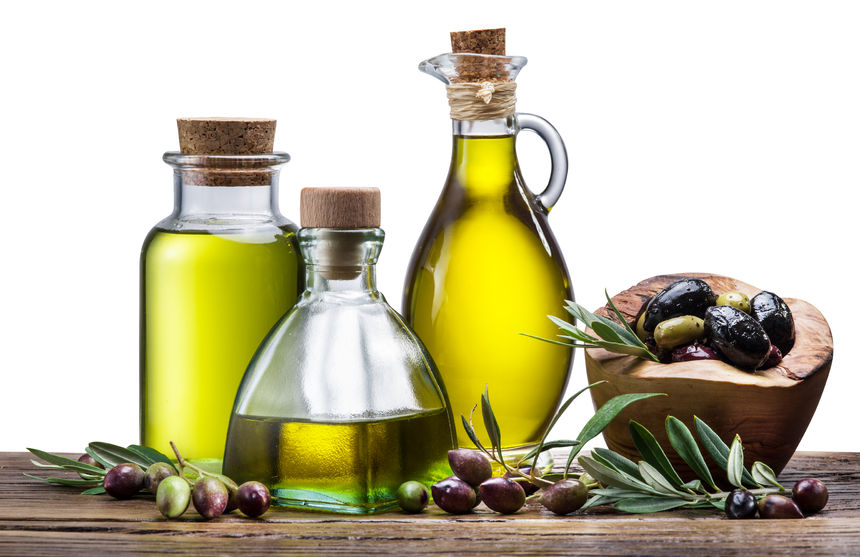Omega 3 – Does your heart hurt?

Blood flowing through our whole bodies mainly relies on the heart's pulsation. The heart can be regarded as the center of circulatory system. It is a hollow organ mainly composed of muscles. It is located slightly left side of our chest. It pumps the blood in an average of 60-70 times per minute, about 100,000 times a day, and nearly 2 billion times a lifetime without resting, so protecting heart health is an important task for everyone!
The 7 factors affecting heart health suggested by the American Heart Association include:
1. Blood pressure
2. Cholesterol
3. Diabetes
4. Body mass index
5. Smoking

6. Exercise: Effective aerobic exercise (Heart rate over 120, more than 30 minutes time) can promote heart health.

7. Diet structure: Avoid high-sodium, high-sugar, high-fat and processed foods. Consume at least 5 servings of low-sugar fruits and vegetables daily (a bowl of halfcooked vegetables and 2 fist-sized fruits). We also need to eat deep-sea fish, nuts, and vegetable oil to supplement essential fatty acids.
Apart from squeezing time to exercise, changing a bit of our eating habits can have a decisive effect on our heart health.
Hong Kong people's eating patterns

The diet of Hong Kong people tends to become Westernized, with more meat and less vegetables. However, saturated fats are often found in animal foods such as meat and milk. Red meat has higher saturated fat contents among all meat products, such as beef, mutton and pork. It is recommended to select more white meat and lean meat, and preferentially select poultry such as chicken, duck, and seafood, and remove skin, which can greatly reduce saturated fat intake.
The choice of cooking oil
For cooking oil, lard contains more saturated fat. Its saturated fat content is about 40 grams per 100 grams of lard, while vegetable oils such as soybean oil and olive oil contain only 16 grams of saturated fat per 100 grams. It is preferable to choose vegetable oils which are mostly unsaturated fatty acids.

Eliminate the intake of trans fat
The U.S. Federal Food and Drug Administration has issued a ban that will progressively forbid the use of partially hydrogenated fats by food manufacturers in a year time. Trans fats will increase low-density lipoprotein (LDL) in the blood, reduce good high-density lipoprotein (HDL), and cause blockage in blood vessels. It will then affect brain function and increases the risk of cardiovascular disease.

Eat more deep-sea fish
.jpg)
The Eskimos living in Greenland mainly eat fish, fur seal and other marine animals. They rarely consume fresh vegetables and fruits. According to medical theory, such eating habit can easily lead to cardiovascular problems. However, the fact is that the number of people suffering from cardiovascular diseases is lower than in many European countries. This peculiar phenomenon has also been observed among Japanese fishermen. It shows that eating fish has a unique protective effect on human heart health.
In addition to protecting cardiovascular health, fish oil has also been proven in many medical literature to help increase the activity of brain cells, enhance memory, enhance immunity, and improve vision and joint problems*, especially those fishes with high fat content such as salmon, sardines, scomberomorus, etc., have the most obvious effect.
+http://big5.huaxia.com/hxjk/jkys/yszd/2013/01/3176289.html
*Fish Oil and Heart Health. de Leiris, Joël DSc; de Lorgeril, Michel MD, PhD; Boucher, François PhD. Journal of Cardiovascular Pharmacology: November 2009 - Volume 54 - Issue 5 - pp 378-384
AUSupreme Omega 3 1000 is made from deep-sea fish captured in the clean waters of Australia and New Zealand. Each Omega 3 capsule contains 1000mg of highquality fish oil containing 180mg of EPA and 120mg of DHA. In addition, the AUSupreme Fish Oil has passed the major heavy metal tests, which meets international standards, therefore its quality is assured.
Functions
- Strengthens heart
- Protects blood vessels
- Nourishes the brain
- Improves eyesight
- Boosts blood vessel elasticity
- Enhances memory
- Enhances immunity
- Lubricates joints
- Promotes heart health
Suitable parties
‧Adults
‧Elderly
‧Pregnant women
‧Lactating women
‧Children
‧Infants 6 months or above
‧People concerned about cardiovascular problems


